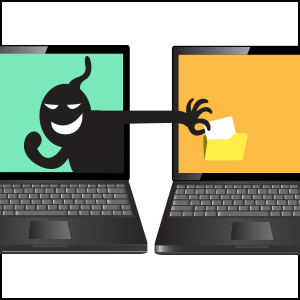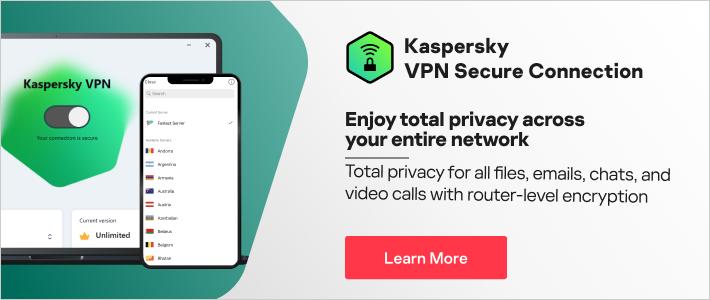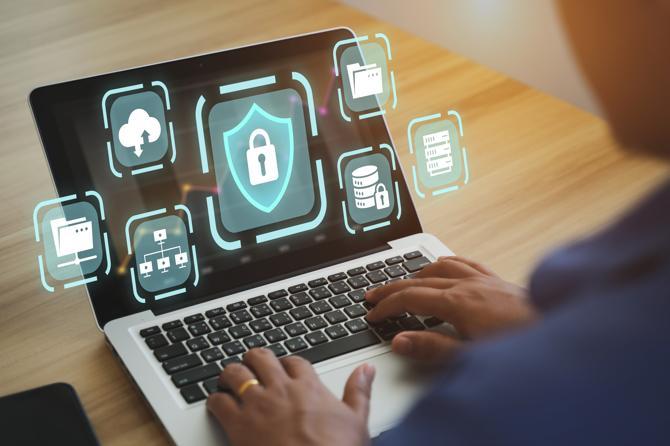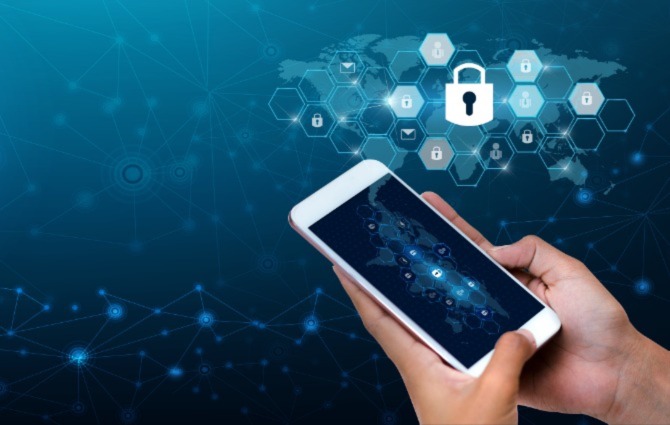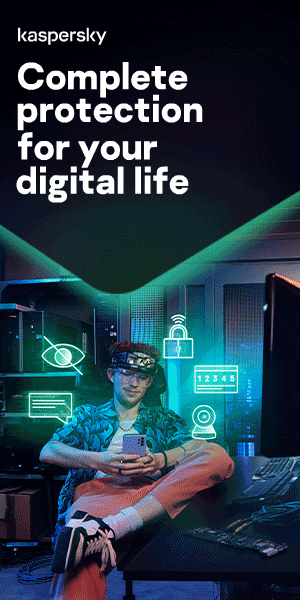First there was the leak of a million classified military and diplomatic documents to the Wikileaks website, followed by the National Security Agency and the Snowden affair. Think a data leak couldn’t happen to you? Think again. Harmful breaches of people’s online privacy are reported daily in our newspapers and on the TV. The erosion of our privacy online is clear. Let’s face it. On a daily basis, our private information is being accessed, analyzed and used by many organizations to create a profile on each of us and our online activity. As in the real world, there is no way to be completely safe on the Internet. But it is possible to cover up our online tracks, and by taking a few basic steps, we can protect our online privacy and avoid privacy exposures.
Don’t leave your computer exposed:
- Choose strong passwords. Use different passwords for different accounts and change them regularly.
- Lock down your privacy settings. Most social networks will allow you to customize your privacy settings, which in turn dictate how others can search for and see you. So select the highest level of privacy settings available.
- Remember, if you do use a social network or browse online, you have already compromised some of your privacy even if you never post or buy anything. Even if all of your settings are set to Private, these companies will still use your information to attempt to sell you things.
- Turn off auto-complete or at least turn it off where it matters. Never leave yourself logged on to sites, and never set your computer to remember passwords.
- Most Web-browsing packages create histories, but these can be deleted (look for “Tools,” “Options” and “Delete history”). Beware, though, your Internet service provider will still have a record of where you've been online.
- Be careful downloading apps; there is a risk of rogue apps stealing your data. Even legitimate apps usually ask for far more access to your personal data than they need.
- Keep your computer’s security software up to date.
